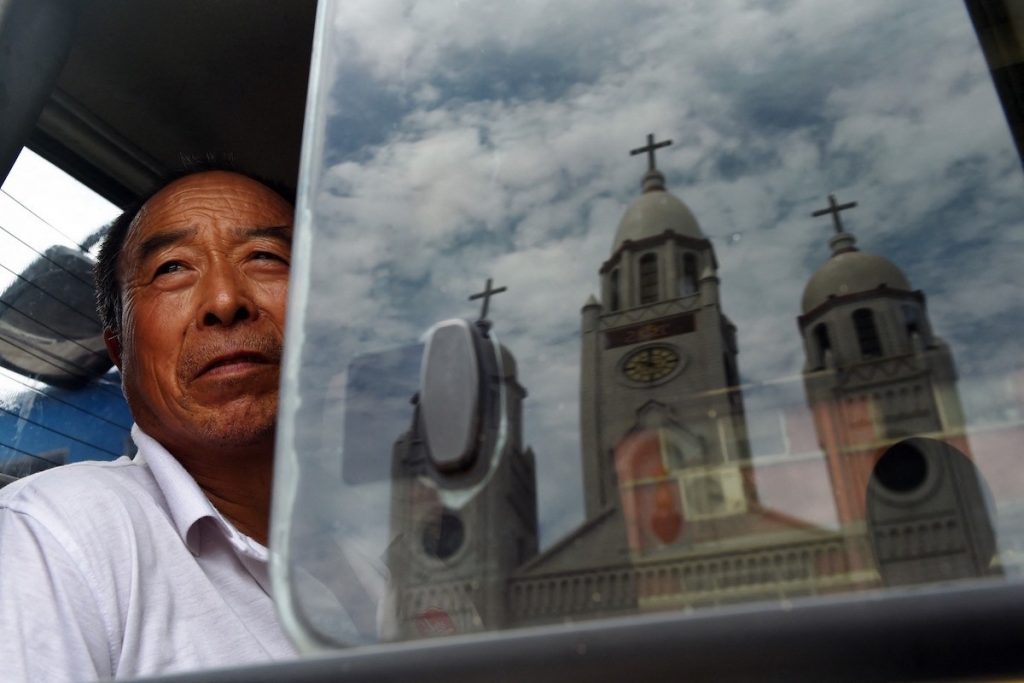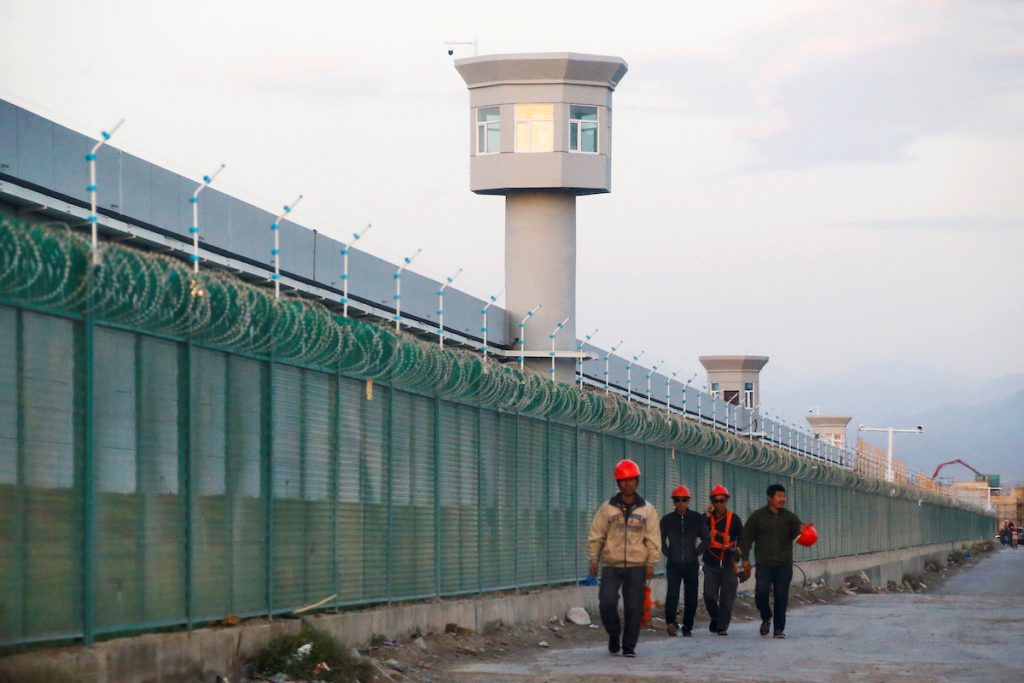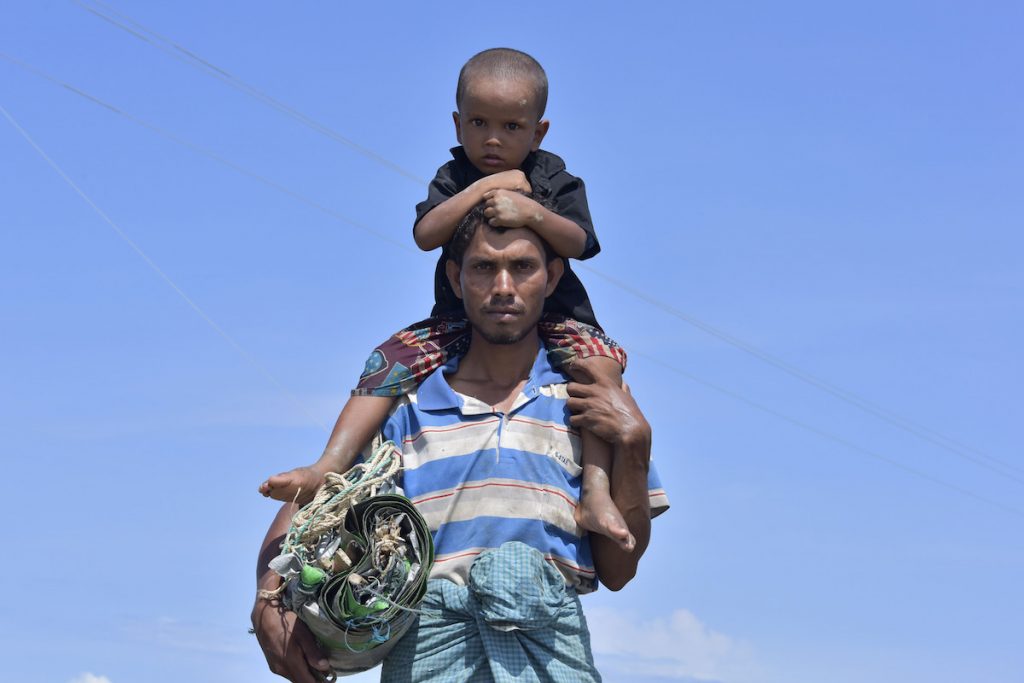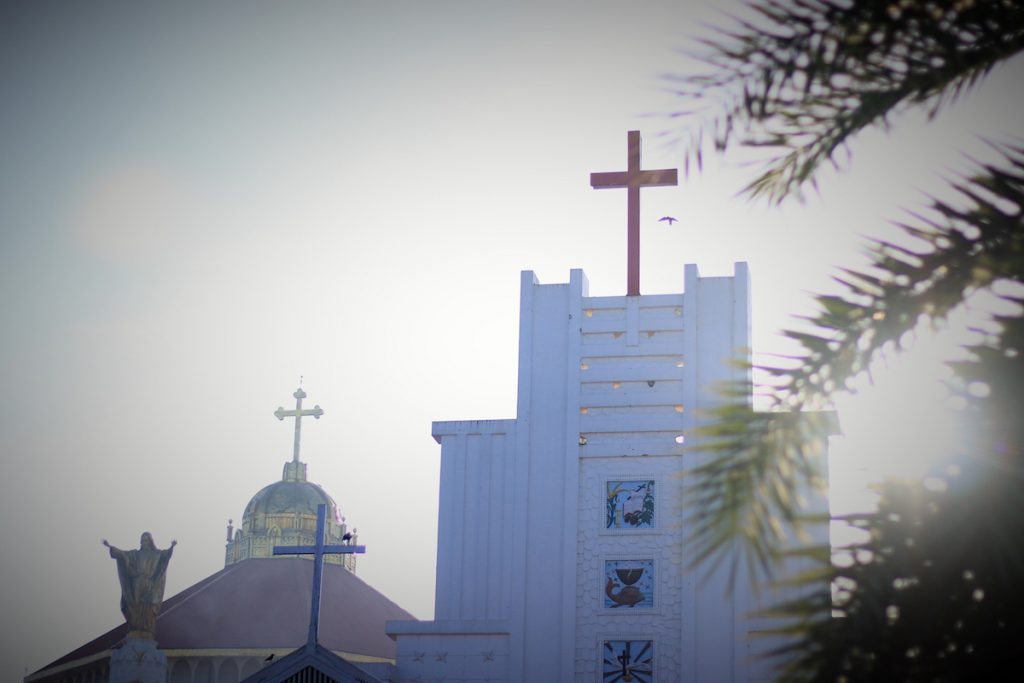
One in every three countries in the world suffers “grave violations” of religious freedom, according to a report released by the Catholic pontifical foundation Aid to the Church in Need (ACN) this week.
The “Religious Freedom in the World Report (RFR) 2021” noted the increase in violations and persecutions in more than 25 countries, with China and Myanmar among those that have the worst records.
The report, which was presented in Rome on April 20, noted that religious freedom was not respected in 62 (31.6 percent) of the world’s 196 countries between 2018 and 2020.
In 26 of these countries people suffered persecution, and in 95 percent of them, the situation has become even worse during the period under review.
The report noted that in some countries, such as Niger, Turkey and Pakistan, prejudices against religious minorities led local residents to blame them for the COVID-19 pandemic, resulting in the denial of access to medical aid.
The 800-page report was prepared by ACN, a worldwide Catholic charity that studies violations of freedoms of all religions.
The latest report put 26 countries in a “red” category denoting the existence of persecution, compared to 21 countries at the time of the last report two years ago.
It put 36 countries in the “orange” category denoting discrimination, compared to 17 two years ago.
The report described discrimination as when laws or rules apply to a particular group and not to all, and persecution as when there is an active program to subjugate people based on religion.
“There has been a significant increase in the severity of religiously-motivated persecution and oppression,” the report said.
China, Myanmar among worst violators
The report was particularly scathing about China and Myanmar.
“The apparatus of repression constructed by the Chinese Communist Party in recent years is … fine-tuned, pervasive, and technologically sophisticated,” the report said.
The most egregious violations were against Muslim Uyghurs in Xinjiang “where the atrocities have reached such a scale that a growing number of experts describe them as genocide,” it said.

The ACN report said the Catholic hierarchy in China “continue to suffer harassment and arrest” despite a landmark deal signed in 2018 between Beijing and the Vatican on the appointment of bishops on the mainland.
Reuters reported last year that two nuns who work at the Vatican mission in Hong Kong were arrested when they went home to the mainland for a visit.
The report highlighted the abuse of digital technology, cyber networks, and mass surveillance based on artificial intelligence and facial recognition technology.
It said that the use of technology was most evident in China where the Chinese Communist Party has been reportedly oppressing religious groups with the help of 626 million AI-enhanced surveillance cameras and smartphone scanners.
In Myanmar, the report said Rohingya Muslims “have been the victims of the most egregious violations of human rights in recent memory.”
Last year, the International Court of Justice ordered Myanmar to take urgent measures to protect Rohingya from genocide. The government has denied accusations of genocide.
The ACN report said the military coup on Feb. 1 was “likely to make things worse for all religious minorities” in Myanmar, where about 8 percent of the population is Christian.

Changing religions
The report also noted that in 42 countries (21 percent), renouncing or changing one’s religion can lead to severe legal and/or social consequences, ranging from ostracism within the family to even the death penalty.
The report denounced the increase of the use of sexual violence as a weapon against religious minorities.
According to the report, religious persecution by authoritarian governments has also intensified in the past years.
It said the promotion of ethnic and religious supremacy in some Hindu and Buddhist majority countries in Asia has led to further oppression of minorities, often reducing their members to de facto second-class citizens.
The report cited India as “the most extreme example,” although it said “similar policies apply in Pakistan, Nepal, Sri Lanka and Myanmar, among others.”
In the West, the report said there has been a rise in “polite persecution,” a term coined by Pope Francis to describe how new cultural norms and values come into profound conflict with the individual’s rights to freedom of conscience, and consign religion “to the enclosed precincts of churches, synagogues or mosques.”
The new report also addressed the impact of the coronavirus pandemic on the right to religious freedom.
It said that faced with the magnitude of the emergency, governments have deemed it necessary to impose extraordinary measures, in some cases applying disproportionate limitations on religious worship, as compared to other, secular activities.

In countries such as Pakistan or India, humanitarian aid has been withheld from religious minorities, said the report.
In social media, the pandemic was also used as a pretext to stigmatize certain religious groups for allegedly spreading or causing the pandemic.
Thomas Heine-Geldern, ACN international executive president said that despite UN and other international initiatives, “the international community’s response to violence based on religion, and religious persecution in general, can be categorized as too little, too late.”
First published in 1999, the biennial report analyses the extent to which the fundamental human right to religious freedom, protected under Article 18 of the Universal Declaration of Human Rights, is respected for all religions in the 196 countries of the world.
Source: Licas Philippines
0 Comments